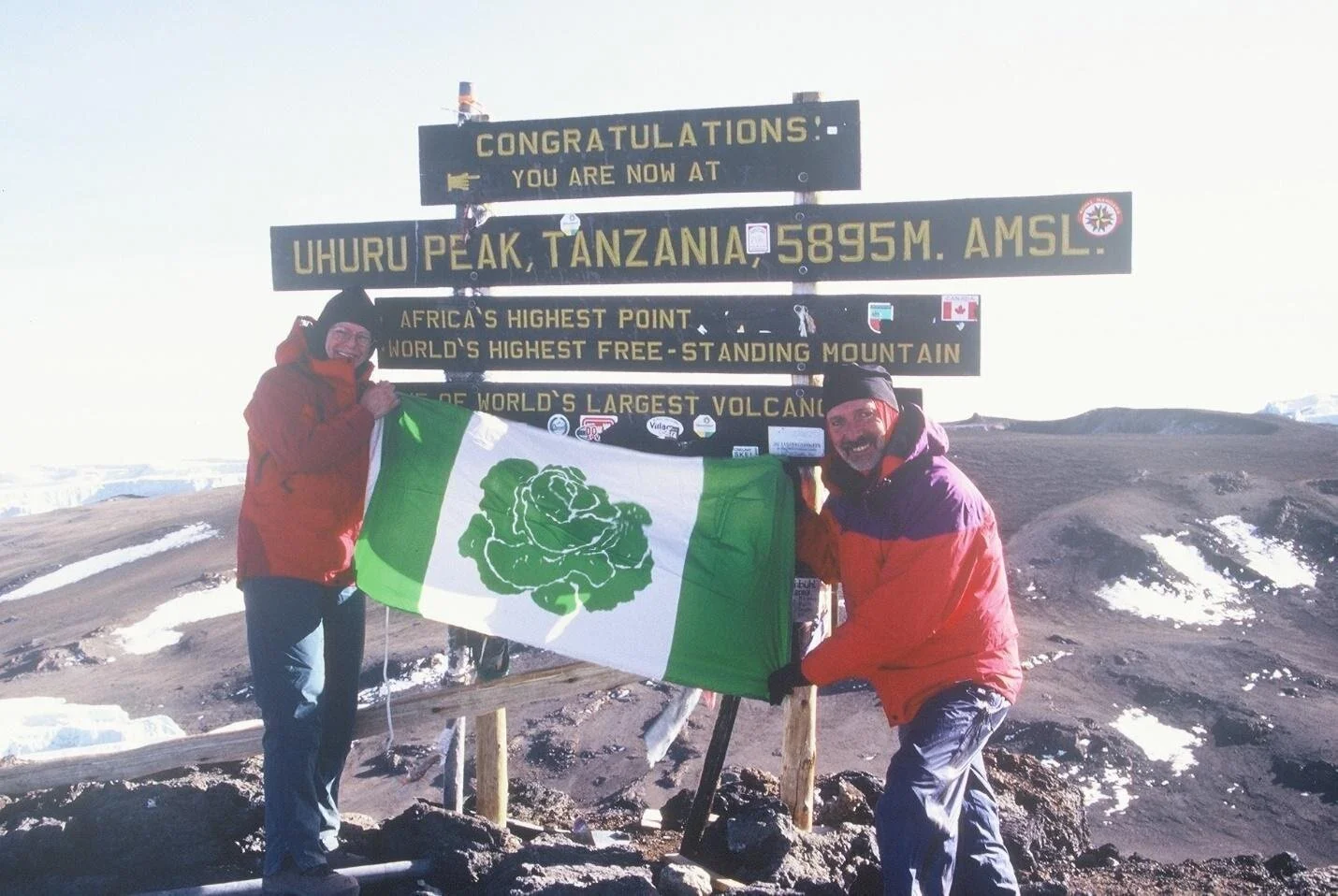A Personal Odyssey
In 1979, as a first year PhD student at McGill University, I became quite ill with a viral infection while studying for my first set of examinations. Within a matter of weeks, I developed the hallmark signs of severe insulin deficiency, including massive thirst and hunger as well as, most notably, extreme weight loss (~1 lb or ~0.5 kg per day!). I thought I was dying and, in fact, was rather relieved when I discovered that it was “only” type 1 diabetes mellitus. I did not know at the time that my expected life span had just been shortened to 48 years, and I was naïve enough to believe that I would never develop the known, extremely-common diabetes-associated complications. Happily, today, at the age of 62 and still complication-free, I have exceeded the expectations of physicians at that time.
Life with diabetes was not particularly convenient in the 1970’s. It required regular collection and analysis of my urine to determine if my blood sugar levels were extremely high (it was impossible at that time for me to assess my own blood sugar levels let alone to determine when they were normal or low) and, as a graduate student, I was required to spend more money than I had to purchase insulin, needles and urine glucose strips (I used to cut the strips in half to save money!). I also had to carefully manage my diet, which meant no more nights-out binging on fudge sundaes with friends! Fortunately, technological advances have profoundly changed the nature of diabetes care, with continuous glucose monitoring now enabling accurate determination of blood glucose levels, and semi-autonomous insulin pumps taking some of the guess-work out of insulin delivery. Furthermore, although the costs of these new technologies are even higher than of old, the Government of Ontario provides funding in support of pump therapy. Most importantly, as a result of the improved therapies, the expected life-span for those with type 1 diabetes is now almost normal, and complication rates have been markedly reduced.
My diagnosis with diabetes altered the trajectory of my entire career. As a graduate student, I had been interested in studying the endocrine stress system, but this changed after my diagnosis to a focus on diabetes and metabolism. As both a postdoctoral fellow and faculty member at the University of Toronto, I have dedicated my research and much of my teaching to topics related to diabetes, although most commonly type 2 diabetes now, due to its greater prevalence in our society than type 1. And while my career revolves around the education of university-level students, both in the laboratory and in the classroom, I have also devoted a significant amount of time to educating both physicians and the public regarding what I refer to my own healthy lifestyle as a “go-anywhere, do-anything diabetic”. With my spouse, I have trekked on 5 continents, from the Himalaya’s to Patagonia, and to the top of Kilimanjaro; I have experienced food from around the world, some of it unidentifiable; and I have survived 48 hour “plane-train-&-automobile” journeys around the globe. All of this has been done with the full knowledge that my diabetes could slow me down if I let it – I simply choose not to do so!
Patricia Brubaker and her husband, Stephen Poulin, at the top of Mt. Kilimanjaro in 2006, flying the flag of their Cabbagetown neighbourhood in Toronto.
— Written by Dr. Brubaker

